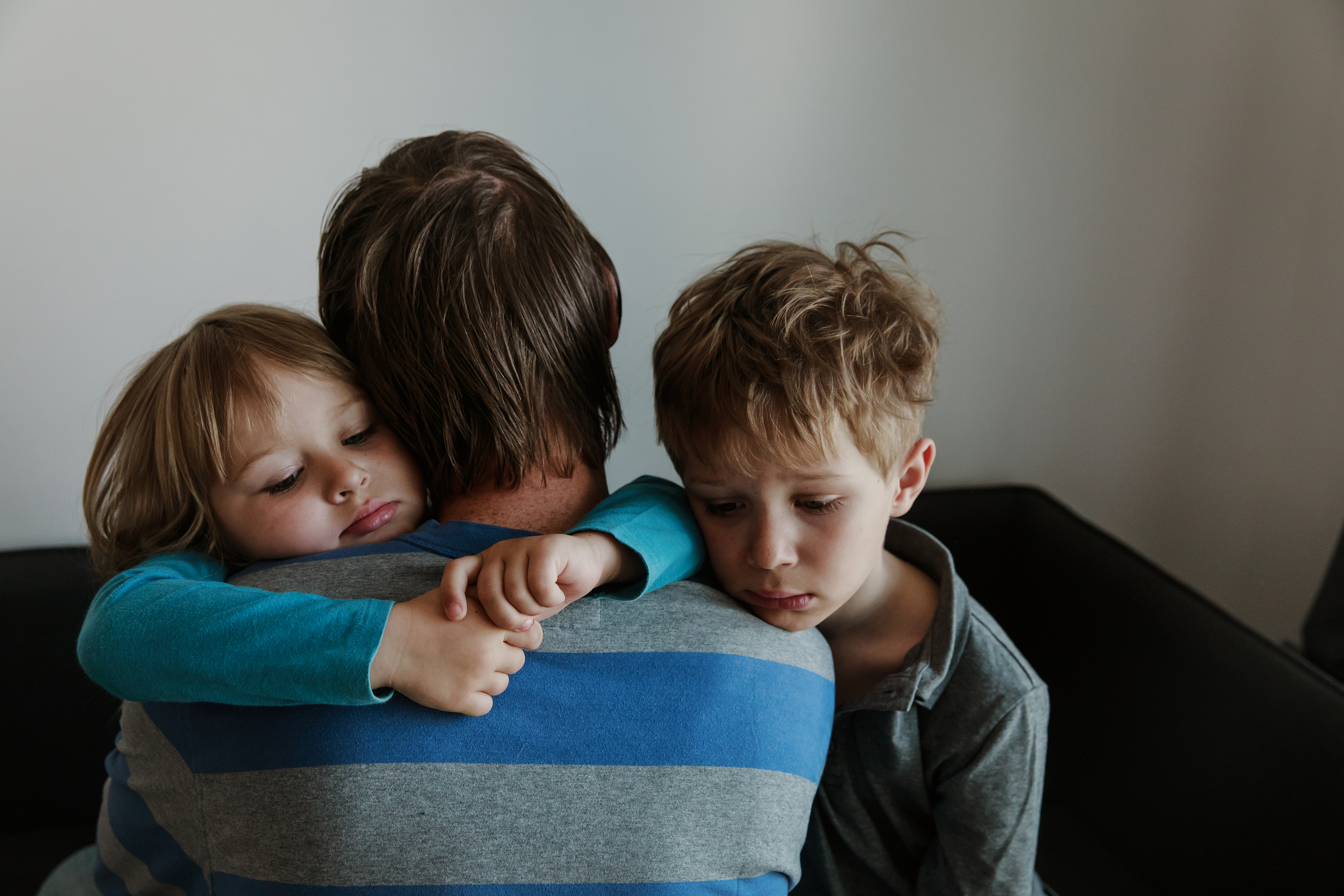
Millions of people in United States suffer from substance abuse. In 2017, the United States Surgeon General reported that an American adult dies every 19 minutes due to a heroin or opioid overdose, and the economic impact of drug addiction amounts to $442 billion annually. However, the impact extends far beyond the individually suffering with substance abuse. The effects of drug or alcohol addiction also impacts family members, and it can lead to similarly devastating consequences.
Isolation
There are many emotions family members experience when a loved one has succumbed to addiction. Fear, hate, resentment and anger are common, but it is also possible for people to feel embarrassed from an their loved one’s actions. Therefore, people in the family may decide not to go to as many social activities.. Children may feel self-conscious going to a friend’s party because they are worried a parent will create a scene.
Financial Instability
Many people suffering from substance use disorder are unable to hold down jobs, so if they are a parent or caregiver, then less income will go into the household. This can make it more difficult to pay for food, utilities and rent. In many cases, they may resort to stealing money from family members or stealing valuables to pawn off to pay for drugs. This results in less money to go toward household essentials.
Familial Damage Later in Life
Children raised by parents with substance use disorder are at a greater risk of carrying that trauma into adulthood. It ultimately impacts how they raise their future children. For example, a child with an addicted parent may become too overbearing and not allow future kids to express themselves independently. The generational impact of addiction is real, and the family may never recover.
Codependency
When one spouse in a relationship is addicted to drugs or alcohol, it is possible for a codependent relationship to form. The non-addicted spouse may eventually develop a sense of self-worth through his or her role as a caregiver. This is linked to enabling, which perpetuates the pattern of addiction.
Negativism
People struggling with an addiction may create a harmful environment in the household where people are prone to making condescending remarks or complaints. Children viewing this may become accustomed to this behavior and bring it into future relationships. Children learn the only way to gain attention is through the creations of emotional upheaval, which is not healthy.
Increased Risk of Addiction
A report from the National Association for Children of Alcoholics found that children raised by alcoholics were four times more likely to succumb to addiction than their peers. When kids turn into teenagers, they may turn to alcohol and drugs as a way to self-medicate to deal with the stress at home.
At High Focus Centers, we are dedicated to providing teenagers and adults with the treatment and counseling necessary to overcome drug or alcohol addiction. If you or a loved one is suffering from substance abuse, contact us today or call 877-701-0807.
Recent Posts
- How Mood Stabilizers Work to Restore Emotional Balance
- Trauma-Informed Approaches in Therapy: Why Understanding Trauma is Essential for Healing
- Using Art as a Voice: Exploring the Therapeutic Benefits of Creativity
- What is Xylazine?
- How Overcoming Roadblocks is Crucial to Recovery – And How Your Treatment Center Can Help




